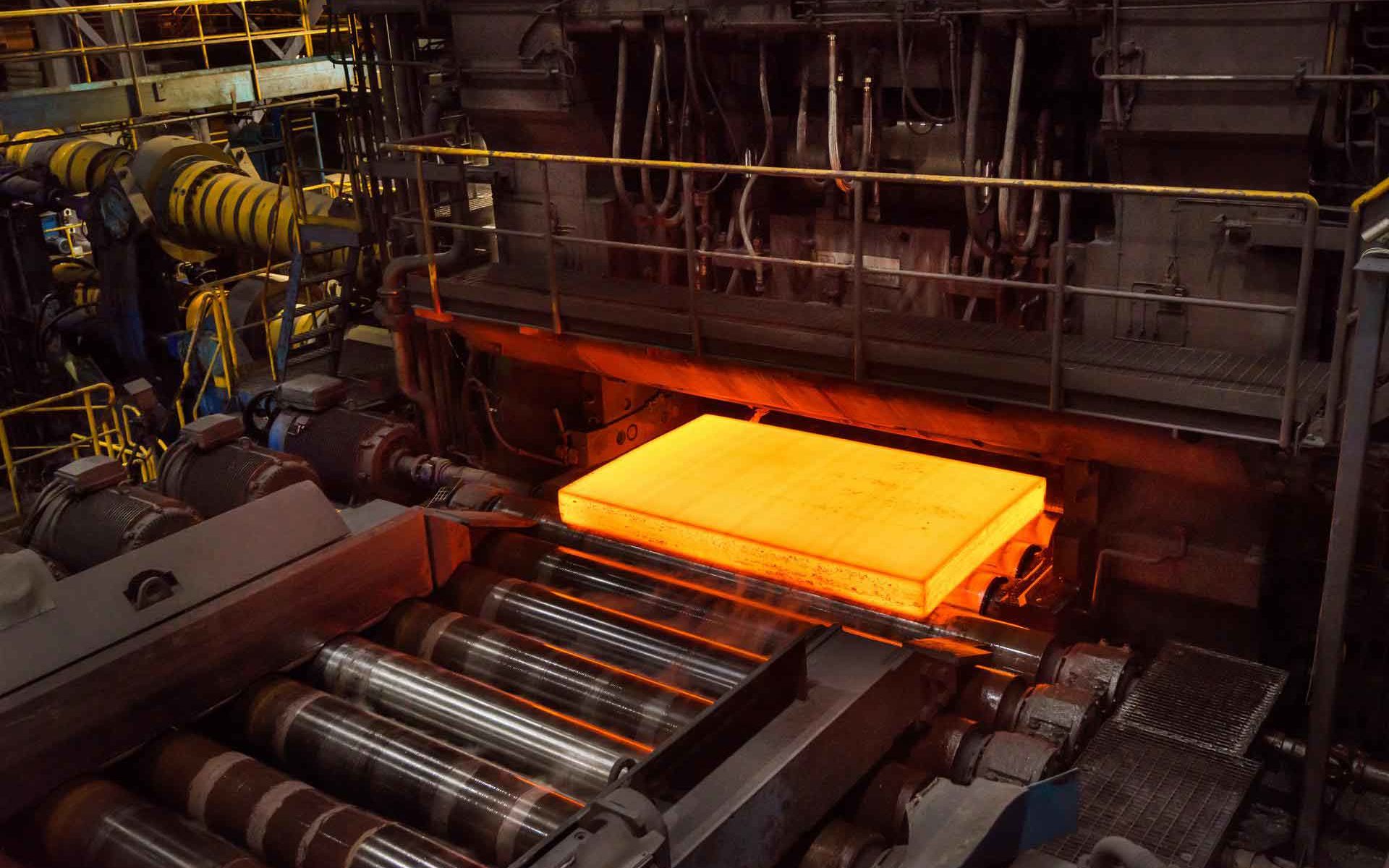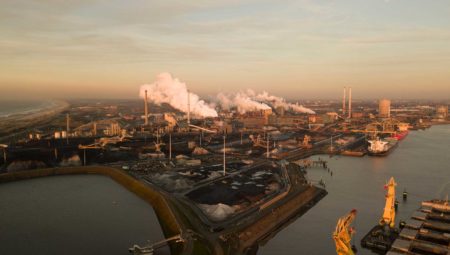The production of hydrogen steel is an important step towards making the iron and steel industry sustainable, which causes extremely high CO2 emissions worldwide. SSAB has been working on this project since 2016 in a partnership with mining company LKAB (the world’s largest supplier of iron ore) and energy company Vattenfall. Together they developed HYBRIT: Hydrogen Breakthrough Ironmaking Technology. This involves converting water into hydrogen and oxygen via electrolysis. The hydrogen serves as a reductor to convert liquefied iron ore in blast furnaces into pure iron: Direct Reduced Iron (DRI). At the moment, the purification of iron ore often involves the use of carbon from coal or coke.
Emission reduction
Using the HYBRIT technology, SSAB can reduce Sweden’s total carbon dioxide emissions by about ten per cent and Finland’s by about seven per cent. SSAB wants to produce and market the fossil-free steel on an industrial scale by 2026.
Other steel producers also want to switch to steel production with hydrogen. ThyssenKrup in Germany is conducting trials and wants to convert three blast furnaces in Duisburg by 2022. Tata Steel in IJmuiden (Netherlands) and ArcelorMittal in Ghent (Belgium) have similar plans.
At the moment, production with hydrogen is still more expensive than with coal, but that could change quickly if CO2 emissions are taxed with higher taxes worldwide.
Image: SSAB





